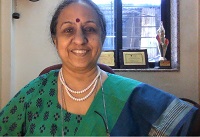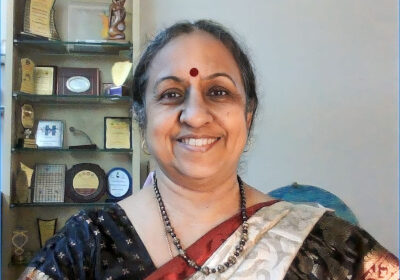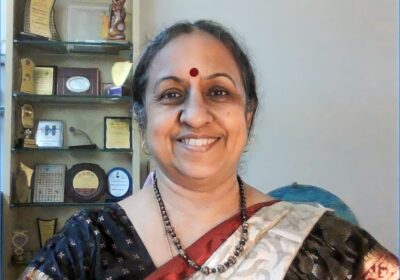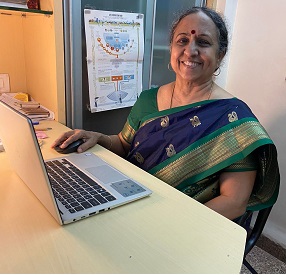Some time back we had a blog post – When Patients Google
We had mentioned about how concerned doctors were about the misinformation that they could pick up – and rightly so. But, there are times when Internet research by the patient (or family member) can make a huge difference. Here is an excerpt from a Facebook post by Dr Sakthi (story taken with his permission)
***********************************************************
Last weekend, an anxious couple met me for a consult. They had travelled 150km to meet me.
The previous day, the mother, after picking up her daughter from school, noticed that the girl’s innerwear was bloodstained. She consulted a Gynecologist who did some tests and then asked them to see an Endocrinologist. That brought them to me. I arrived at a diagnosis – severe primary hypothyroidism.
Just as I was about to explain this to the parents, the mother asked:
“Doctor, have you heard about a syndrome called Van Wyk Grumbach syndrome? Could my child have it? I browsed through the net after we got the reports and this condition seemed to match well. What do you think Doctor? I asked few of my Doctor friends and they had no idea.”
And… she was right! I then explained how it could be resolved with thyroid supplementation and their young girl would be fine soon
***********************************************************
Internet searching for health information is extremely common and is never going to stop. There is need for hard work to tackle problems that emerge with this activity.
A system by which educated consumers can understand and be trained to know:
- The difference between reliable resources and junk resources
- How to find relevant information and what is an “evidence based resource”
- How to discuss the information found, with the doctor, keeping in mind time constraints
- Most importantly – how to be responsible for one’s own decisions – especially if one wants to do something different from what the treating doctor recommends
And in the health professions we need big changes
- Training (from the UG days) in:
- Understanding authentic vs non-authentic resources, predatory and cloned journals
- Searching quickly for reliable information
- Finding the best available evidence
- Recognizing the urgent need for trained “informationists” to help both – the health professionals and patients / consumers to search for reliable information as well as evidence based information.
- Create such a set of informationists – see a poster we presented at a conference
We at QMed had delivered a few consumer health lectures, which were very well received. Sadly we could not sustain this activity. I dream of a day when this becomes a reality – where doctors, patients and librarians can research together for great patient outcomes! I know it is quite some time away.
In the meantime we continue our efforts to create a generation of health professionals who know how to search for evidence and how to find needles in haystacks. We have made good progress in this.
Make a donation to us. When you donate, you are contributing to a future with evidence based healthcare. With support we may actually find solutions to doctors and patients working together for better health of the population at large.





